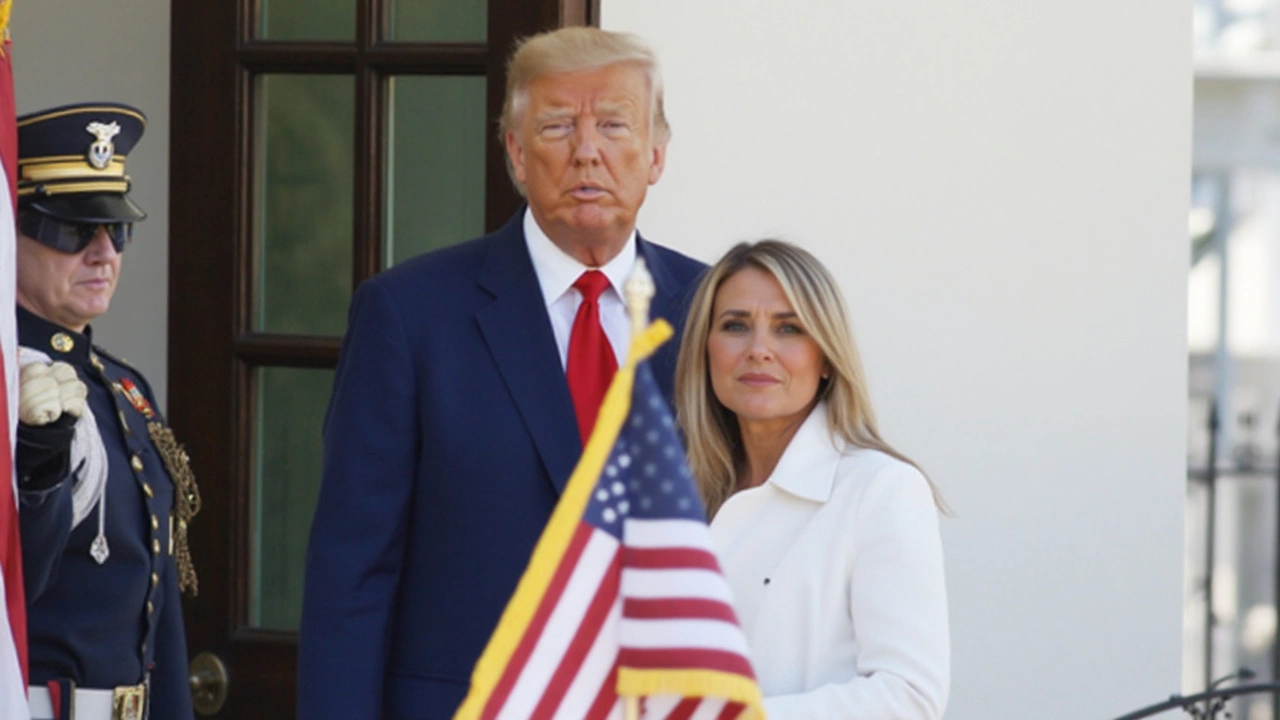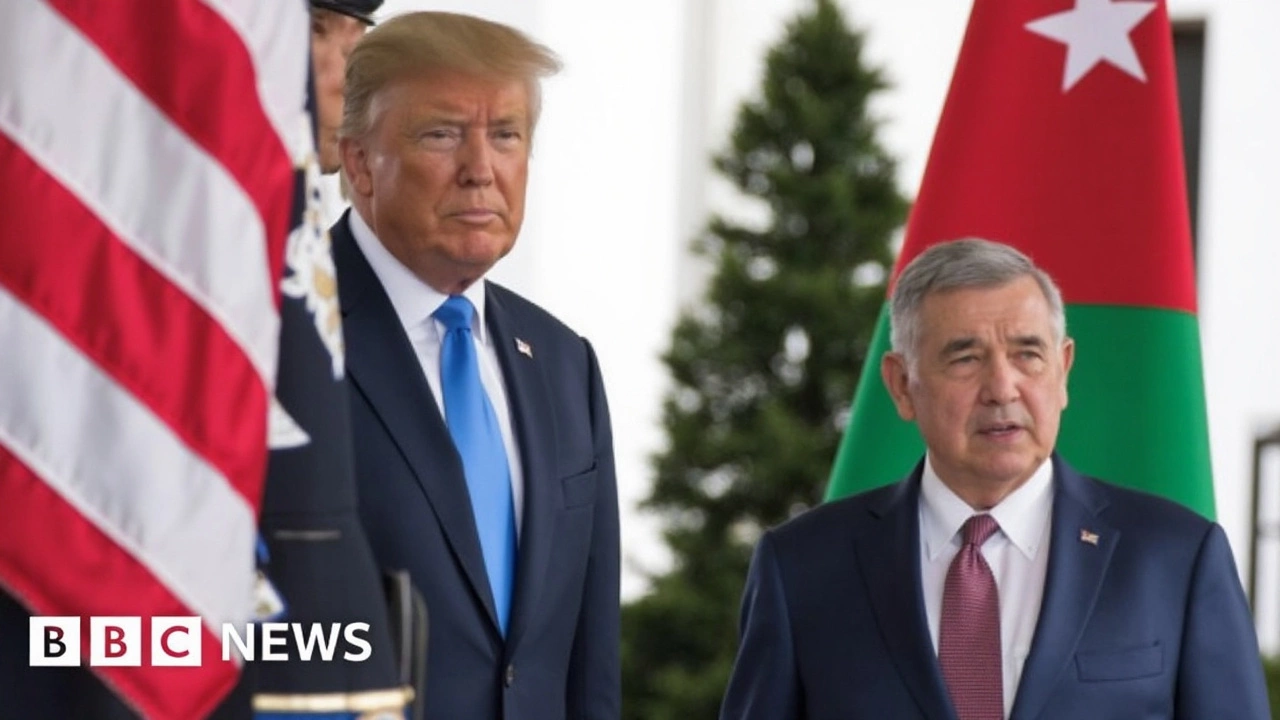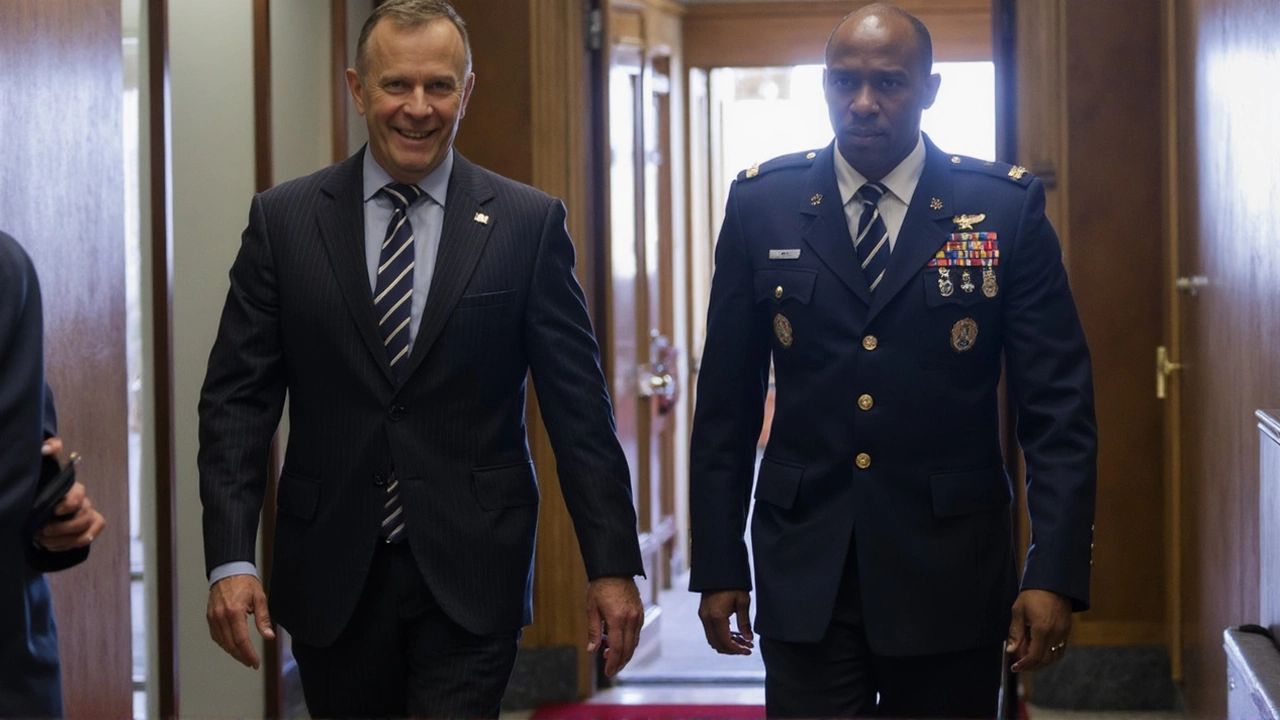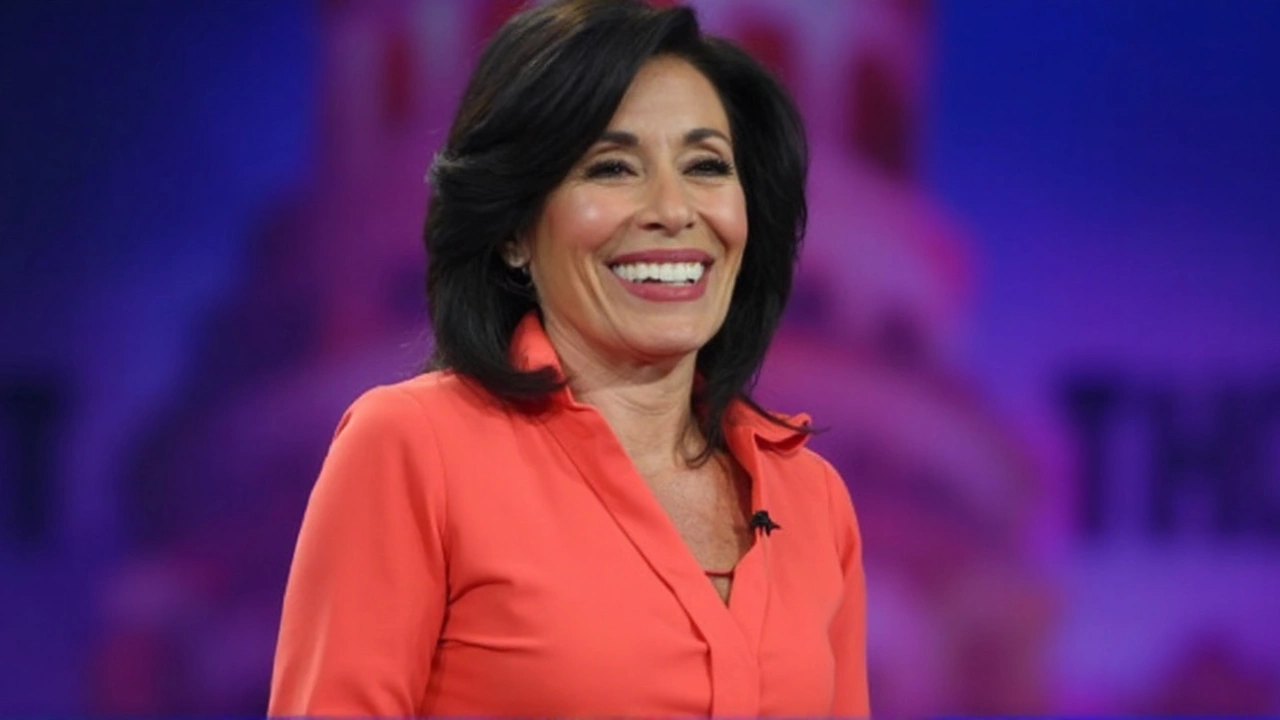President Weighs In After FSU Mass Shooting Leaves Community Stunned
The Florida State University campus turned into a scene of chaos on April 17, as shots rang out near the Student Union, leaving two people dead and six more wounded. Authorities quickly identified the shooter: 20-year-old Phoenix Ikner. What got people talking even more was the detail that Ikner is the stepson of a Leon County sheriff’s deputy and got his hands on her service weapon. In total, police recovered three firearms, including a handgun and a shotgun.
When President Trump responded from the Oval Office, his message made headlines—not for changing his stance, but for sticking to it. ‘It’s a shame, it’s terrible,’ he told reporters about the shooting, but made it clear he’s not budging on his long-held position: ‘The gun doesn’t do the shooting, the people do.’ He defended the Second Amendment with the same certainty that powered his campaign, keeping his promise to block any new gun control measures. The words landed hard, especially since this was the first major campus shooting since Trump began his second term.
Some say there’s an endless debate about gun rights in America, but moments like this make the argument real. Emotions are raw—not just because of the numbers, but because among the victims are survivors from the infamous 2018 Parkland tragedy. For them and many others, the FSU shooting isn’t just another news alert. The trauma is personal, and it leads to tough questions about whether policies go far enough to prevent these tragedies or whether rights are being protected at the expense of safety.
Florida Governor Ron DeSantis wasted no time getting involved, sending a message of unity in the face of heartbreak: ‘Today, we are all Seminoles.’ He made it a point to call out law enforcement for their speed in taking down the shooter before things could get even worse. That said, police confirmed what many suspected—the suspect had access to the deputy’s weapons, raising even more concern over how firearms are stored and who can get to them in households where law enforcement live.
Campus in Shock, Nation Debates Next Steps on Gun Safety
As word spread, the university locked down campus, sending panicked texts and calls flying as parents and students tried to reconnect. Officials quickly set up reunification centers. With no motive yet confirmed, anxiety only grew, especially since the violence seemed to erupt out of nowhere. University leaders wasted no time either, canceling classes and labeling the shooting ‘tragic and senseless.’
Law enforcement and university officials are still piecing together what led Ikner to carry out the attack. His connection to law enforcement through his stepmother and the ease with which he obtained her service weapons have only added more heat to the national gun control conversation. In a state where the shadow of Parkland still looms, hearing that some victims survived that earlier attack is like pouring salt in an old wound.
Now, the discussion isn’t just about laws on the books—it’s about what’s working, what isn’t, and what happens next. Some families are banding together to push for practical reforms involving safe gun storage, even as politicians like Trump remain committed to the Second Amendment. Meanwhile, campus counseling services are stretched thin, supporting not just the wounded but a student body grappling with fear and uncertainty about safety at school.
The FSU tragedy reopened every wound from past shootings and put even more attention on gun control measures, school security, and the ongoing clash between public safety and constitutional rights. As the investigation goes on and the community works to heal, the country watches yet another showdown over what should come first: safety or the right to bear arms.



